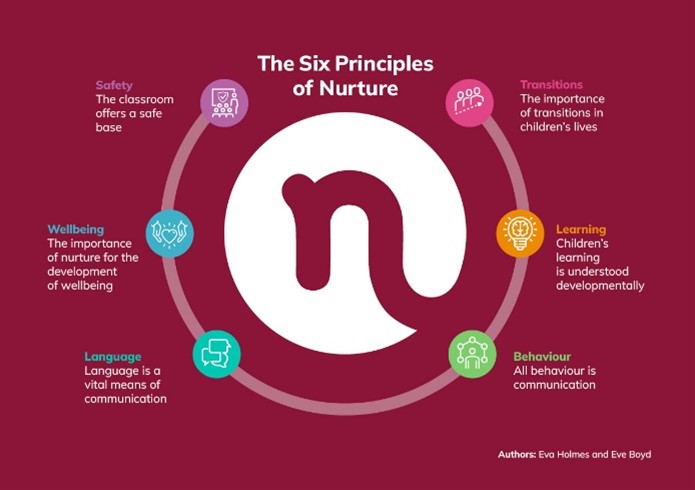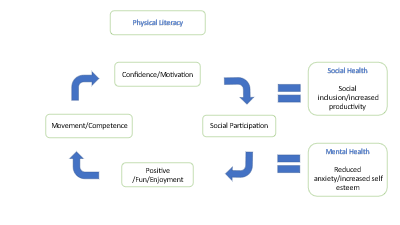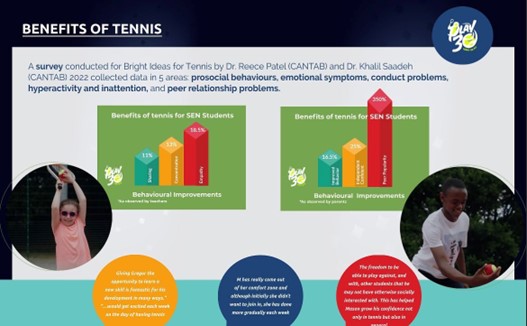
Just one part of the research Fiona and Emma have conducted in and around SEND children and how tennis can be adapted to produce positive outcomes amongst pupils.
As a result of the very successful work at Highfield special school, it seemed a natural next step to move into the mainstream school environment and see if similar positive outcomes could be achieved amongst SEND groups there.
One key strategy we came cross was the Nuture Theory. We discovered that Nurture groups are small, structured, teaching groups for pupils showing signs of behavioural, social, or emotional difficulties. Particularly those pupils who are experiencing disruption or distress outside of school. St Mary’s Ely are
trained in, and committed to, the theory and practice of Nurture and it seemed an ideal opportunity to see if Fiona and Emma, via Diversity Tennis, could utilise those principles through adaptive tennis sessions, to help advance social and developmental skills for some of their pupils.
Within Nurture groups there is an emphasis on learning through play – which is similar to the LTA philosophy of Play your Way and so we got on the funding merry-go-round once more to establish a and thanks to Steve Shaw –Cambs LTA inclusion – and the Richard Darton Foundation we began regular weekly sessions for up to 12 SEND pupils identified as potentially benefiting from the project.
The two coach philosophy Diversity Tennis adopts is particularly useful in this sort of environment where there is a wide mix of ages, abilities and issues, and with limited teaching support. It means that while one has overall oversight, directing the group, at the same time all children in the group are able to access one-on-one time with one of other of the adults, thus allowing them over the course of time to develop a trusting and trusted relationship.

Over the course of six months we have seen huge changes in some of the children attending the sessions. Feedback from school and parents, as well as our own observations, has meant the project remains ongoing with new children slowly being fed into what is becoming a cohesive group, who are starting to collaborate and work and play together.
“His Social skills have improved in class and is growing in awareness.”
“Huge progress made in class in terms of confidence and motor skills.“
“She really enjoyed it and it did her confidence the world of good!”

